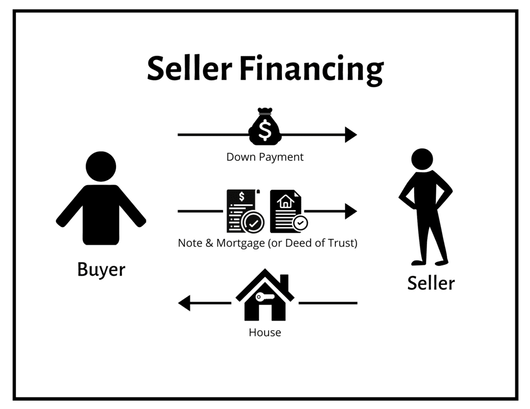|
In the vast realm of investment opportunities, real estate stands out as a cornerstone of wealth creation. Whether you're a seasoned investor or just dipping your toes into the market, understanding how to finance your real estate ventures is crucial. After all, without the right financial strategy, even the most promising property can remain out of reach. In this comprehensive guide, we'll explore various avenues for financing your real estate investments, empowering you to make informed decisions and unlock the doors to lucrative opportunities.
4. Private and Hard Money Lenders:
In conclusion, financing real estate investments requires careful consideration of your financial situation, investment goals, and risk tolerance. Whether you opt for traditional mortgages, creative financing strategies, partnerships, or alternative investment vehicles, the key is to find the approach that aligns with your objectives and resources. By exploring the diverse range of financing options available, you can unlock the doors to real estate investment opportunities and pave the way toward building wealth through property ownership. What strategies above have you used to finance real estate?
0 Comments
Leave a Reply. |
ABOUT THE AUTHOR: ADAM CRAIG Adam Craig: Founding member of CLE Real Estate Group.
With more than a decade of experience and 12 million under management in residential and commercial real estate, Adam is a top an industry expert. Archives
July 2024
|


